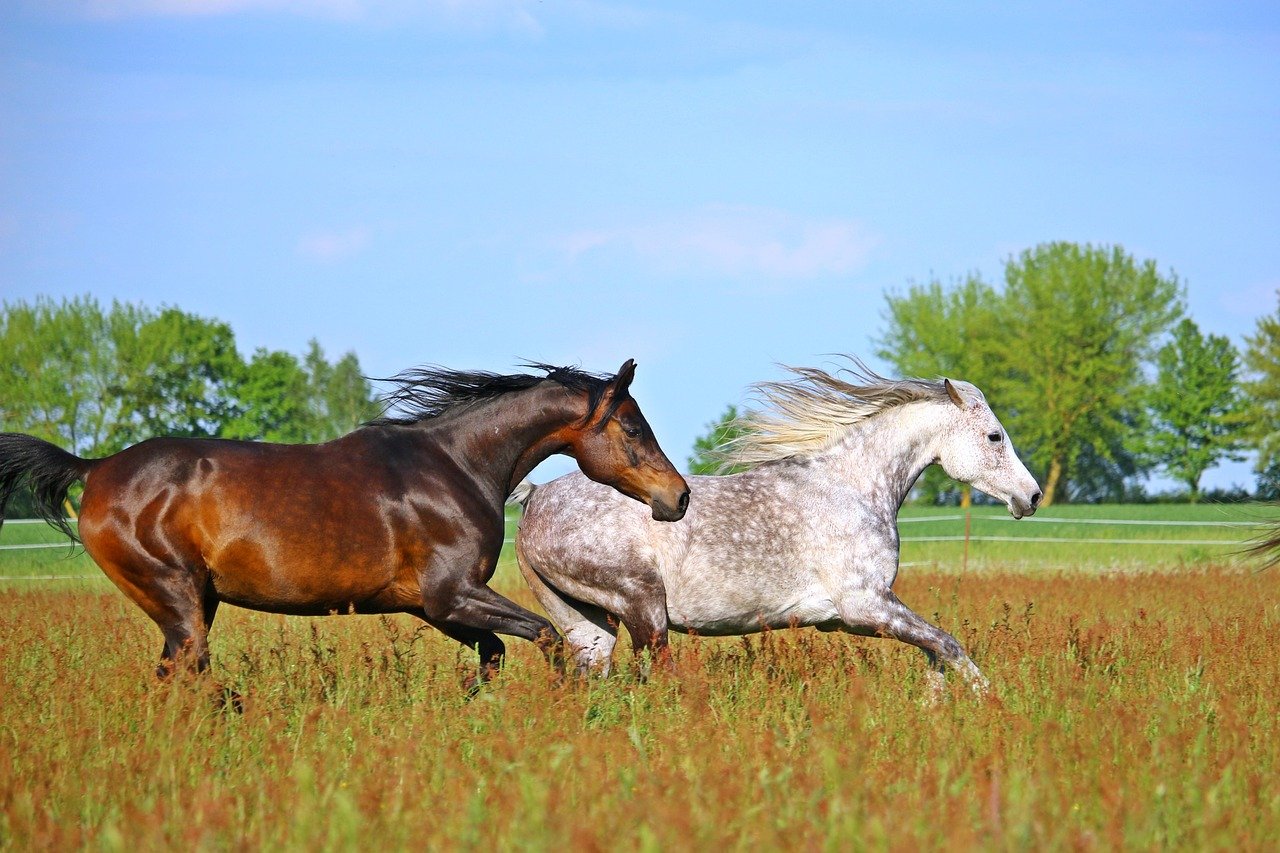In a recent post we looked at some precise vocabulary that conveys the general concept of big. In this post we’ll look at precise vocabulary for expressing different types of movement. We’ll focus on verbs that are similar to walk and run in this first post, and continue with other verbs of movement later. As always, we’ll talk about both meaning and usage, with loads of examples to help you make sense.
Ways of Walking
Let’s start with the very general verb walk, and more precise verbs that are specific ways of walking.
To walk is of course the most basic and general verb of moving on your own two (or more) feet. Notice that you can also walk something, for example a dog, or even an object that you can carry. In that sense it means bring by walking. A walk is also a noun, as in go for a walk, take a walk, etc., and it’s also found in nouns like walkway, sidewalk, boardwalk.
- The park is really close, so we don’t need a car to get there. Let’s walk.
- Lots of people are walking on the boardwalk today.
- I need to walk the dog before we go for a walk.
- Could you walk this letter up to Susan on the third floor?
To hike has the sense of walking while putting forth a lot of effort. People usually hike or go for a hike in the mountains or in other places where you have to work a bit harder. You can also use hike figuratively to mean go a far (and maybe difficult) distance to get somewhere. If you tell someone to take a hike, you’re telling them – rudely – to leave.
- We’re going hiking in the mountains this weekend.
- Do you feel like going for a hike tomorrow if the weather is okay?
- I have to hike an hour away to get to the only store that sells what I need.
- Take a hike! I don’t want to see you here.
To stroll is like walk, but it’s slower and more relaxed. You can stroll, or you can go for/take a stroll. A stroller is the thing with wheels that small children sit in while their parents push them around.
- It’s a gorgeous day, so let’s stroll through the park.
- I love to stroll through the woods in autumn.
- I’m going to go for a stroll before dinner.
- The sidewalk is full of strollers today.
To amble is a lot like stroll, meaning to walk at a very slow and relaxed pace for pleasure. Ambling is even slower and more relaxed than strolling. You can use it sarcastically if someone is moving too slowly than they should be.
- On spring weekends, lots of people amble alongside the river. It’s beautiful and relaxing.
- We start work at 9am, so don’t amble in here at 9:15 or 9:30! You need to be at your desks before 9am.
To meander also means to move at a very slow and relaxed pace, but it also has the sense of not moving directly or in a straight line. Rivers meander through flat land by curving back and forth. People meander when they have a lot of extra time, or when they don’t quite know where they’re going.
- We spent the entire afternoon meandering through the mall. We went to a dozen stores and had coffee at two different places!
- Come on everyone, don’t meander! Move directly toward the exit!
To saunter is another verb that means to walk or move at a very slow or relaxed pace. Sauntering has an added sense of not caring, not being at all concerned or hurried, not willing to put forth a lot of effort. Think of teenagers walking somewhere that they don’t really want to be, and you’ve got the perfect image of sauntering.
- The kids came sauntering into the classroom only as the teacher began to close the door.
- If I call you for dinner, please come quickly! Don’t saunter to the table because your food is ready and getting cold!
To limp means to walk in an irregular way because you’ve injured one of your feet or legs. If you twist your ankle, you’re going to limp because you’re trying not to put weight on one of your ankles. To walk with a limp usually means that someone has an old injury that causes them to walk irregularly.
- I twisted my ankle this weekend, so I’ll be limping around for a few days while it heals.
- Jack was in a really bad accident years ago, and he still walks with a bit of a limp.
Ways of Walking Close to the Ground
There are a few common English verbs that mean to move using hands and feet, or whatever other legs or claws might be available.
To crawl is the most common verb of motion that means to move with hands and feet (or just legs). People, animals, and insects all crawl.
- Babies crawl before they learn how to walk.
- The cave is very narrow, so you have to crawl through it.
- There’s a huge spider crawling up the wall!
To climb means to move to a higher place, and it often involves crawling on a (near) vertical surface.
- The squirrel climbed up the tree with an acorn.
- We climbed onto the roof so we could see the fireworks much better.
- The thieves climbed through the open window.
To slither is to move along the ground without legs or arms. The animal most associated with slithering is a snake. If you describe a person’s movement as slithering, you’re saying that he or she is acting dishonestly or sneakily.
- There was a snake sunning itself on the rock, but it slithered into the grass when it saw me.
- John got the promotion by slithering into his boss’s confidence.
Ways of Running
Now let’s look at some verbs that mean to move quickly, all related to run.
To run is a very common verb, meaning to move very quickly on two (or more) feet.
- The thief ran away when we turned on the lights.
- A deer ran across the road in front of our car.
- Jack runs in the park every morning.
Run is also used in several other common senses. If water runs, it is moving downhill. If scheduled transportation runs, it is operating. If you run something, you manage or direct it.
- A stream runs past our house through the woods.
- The trains aren’t running today because of the storm.
- Mary runs the department very efficiently.
If a horse runs, the verb to gallop is commonly used. Galloping is running quickly with leaps or jumps forward, the way a horse does when it’s running very quickly.
- The horses are galloping in the field.
- John galloped across the farm on his horse.
To jog is to run at a steady pace for a long time. If you jog, you don’t run very quickly, because you’re conserving energy to run for a longer time.
- Lots of people jog on the beach every morning.
- We jogged through the airport with all of our luggage.
To sprint is to run very quickly for a short period of time. Sprinting is different from jogging, because it suggests a sudden burst of energy rather than a long, sustained effort.
- As soon as the bell rang, the kids all sprinted to the door to leave the classroom.
- I sprinted toward the exit as soon as I heard the alarm.
To dash is also to run quickly for a short period of time, for example when you’re trying to avoid something. To make a dash for something is to move very quickly toward something.
- It was raining really hard, so we dashed from the door to our cars as quickly as possible.
- As soon as the guard turned away, the escaping prisoners made a dash for the trees.
To dart is another verb that means to move quickly, but it has a sense of changing direction quickly. If you think of the way fish move when they’re afraid – suddenly changing direction and moving away very quickly – that’s to dart.
- The fish darted away when it saw my shadow in the water.
- There was a hummingbird outside our window, but it darted away when it saw me.
To scurry means to run with short, hurried steps. There’s a sense of confusion or panic with the word scurry.
- When I turned on the light in the closet, a roach scurried away.
- The rabbit scurried under the bushes when it saw us.
To scuttle is similar to scurry, but it also has a sense of short legs crawling while trying to remain hidden. Things that typically scuttle are mice, crabs, insects, and the like.
- A mouse scuttled under the sofa when I walked into the room.
- The crab scuttled under the rock to get away from the seagull.
To zigzag means to move with a lot of sharp, quick turns, not at all directly toward something. It’s not always fast, but it can be.
- The road zigzags up the steep hill toward the village.
- A bolt of lightning zigzagged across the sky.
To bolt is to move very quickly with a sudden crazy burst of energy. Think of a dog or a horse running very fast to get away.
- My dog bolted toward the door as soon as I opened it.
- The kids bolted down the stairs on Christmas morning and ran straight to their presents.
To charge is also to run very quickly with a sudden burst of energy, but usually you charge toward something, while you bolt away from something. Think of a big, angry animal, or a crazy mob of people.
- An angry elephant charged toward the safari truck.
- The mother bear was protecting her cubs, so she charged at the hikers to scare them away.
Learn English with the Language Garage!
If you’re interested in ESL/EFL lessons, please check out our English courses. We have private lessons, lessons for you and a friend or colleague, or small groups. Or see our other posts on English grammar, vocabulary, and more.






